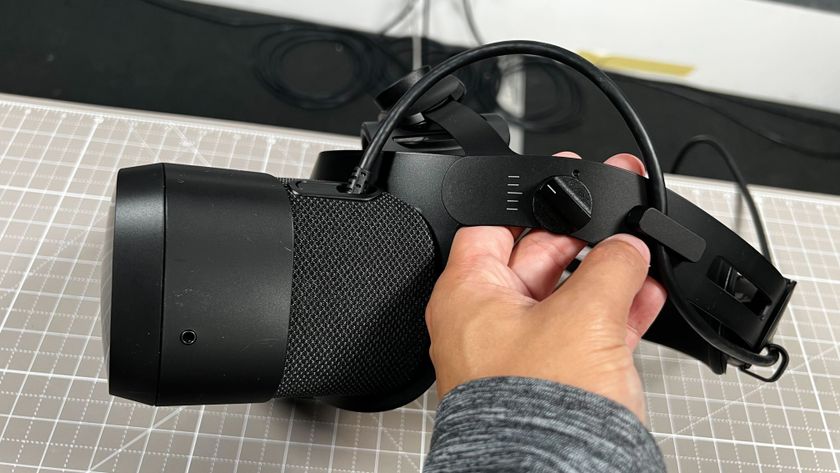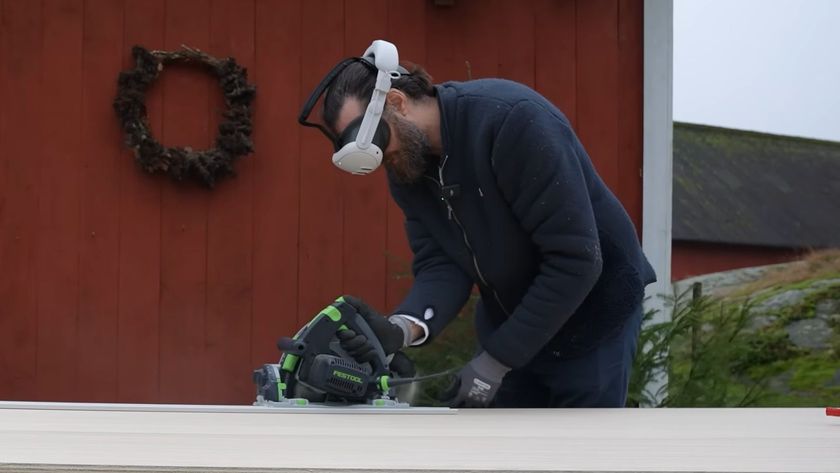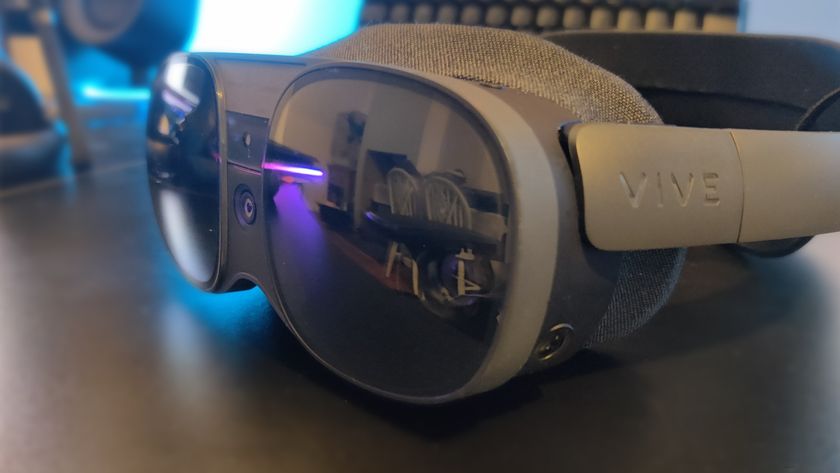John Carmack posts angry response to ZeniMax lawsuit loss on Facebook [Updated]
Carmack says he never tried to "hide or wipe" evidence, and wanted to shout "You lie!"

ZeniMax's lawsuit against Oculus VR did not end well for Oculus, which was yesterday slapped with a $500 million judgment against it. The court ruled that Oculus co-founder Palmer Luckey had violated his NDA with ZeniMax when the two worked together in the early days of Oculus Rift development, and also that John Carmack, now Oculus CTO, had stolen documents and source code prior to joining the company, and destroyed evidence when he learned about the coming litigation.
It's typical in cases like these that the parties involved do not comment publicly, especially when further action is pending. But Carmack is not a typical guy, and so he took to Facebook to share his lengthy, and thoroughly unhappy, take on the situation.
"The Zenimax vs Oculus trial is over. I disagreed with their characterization, misdirection, and selective omissions. I never tried to hide or wipe any evidence, and all of my data is accounted for, contrary to some stories being spread," Carmack wrote. "Being sued sucks."
But the real target of Carmack's ire is the expert who testified on behalf of ZeniMax that "Oculus’s implementations of the techniques at issue were 'non-literally copied' from the source code I wrote while at Id Software," he wrote. "This is just not true. The authors at Oculus never had access to the Id C++ VR code, only a tiny bit of plaintext shader code from the demo. I was genuinely interested in hearing how the paid expert would spin a web of code DNA between completely unrelated codebases."
I was wondering if gangsters had kidnapped his grandchildren and were holding them for ransom
Carmack on ZeniMax's expert witness
"Early on in his testimony, I wanted to stand up say 'Sir! As a man of (computer) science, I challenge you to defend the efficacy of your methodology with data, including false positive and negative rates.' After he had said he was 'Absolutely certain there was non-literal copying' in several cases, I just wanted to shout 'You lie!'. By the end, after seven cases of 'absolutely certain,' I was wondering if gangsters had kidnapped his grandchildren and were holding them for ransom," he continued. "If he had said 'this supports a determination of', or dozens of other possible phrases, then it would have fit in with everything else, but I am offended that a distinguished academic would say that his ad-hoc textual analysis makes him 'absolutely certain' of anything. That isn’t the language of scientific inquiry."
During Oculus' testimony, its expert enlarged slides of the disputed codes so the court could actually read and, presumably, see the differences between them. But despite being plainly different in Carmack's eyes, it didn't make much of an impression. "I had hoped that would have demolished the credibility of the testimony, but I guess I overestimated the impact," he wrote. He also said that he wasn't allowed to read the ZeniMax expert's report, and that the testimony has been sealed. "This is surely intentional -- if the code examples were released publicly, the internet would have viciously mocked the analysis," he wrote.
Carmack concluded with a not-so-subtle suggestion that the ZeniMax expert was more interested in a paycheck than in getting to the truth. "The expert witness circuit is surely tempting for many academics, since a distinguished expert can get paid $600+ an hour to prepare a weighty report that supports a lawyer’s case. I don’t have any issue with that, but testifying in court as an expert should be as much a part of your permanent public record as the journal papers you publish," he wrote. "In many cases, the consequences are significant. There should be a danger to your reputation if you are imprudent."
The biggest gaming news, reviews and hardware deals
Keep up to date with the most important stories and the best deals, as picked by the PC Gamer team.
Oculus VR said shortly after the judgment came down that it would appeal the ruling; ZeniMax said it would seek an injunction "to restrain Oculus and Facebook from their ongoing use of computer code that the jury found infringed ZeniMax’s copyrights"—which could very well spell at least a temporary end to sales of the Oculus Rift.
Update: In response to Carmack's denial, ZeniMax provided the following statement to Gamasutra:
"In addition to expert testimony finding both literal and non-literal copying, Oculus programmers themselves admitted using Zenimax’s copyrighted code (one saying he cut and pasted it into the Oculus SDK), and [Oculus VR co-founder] Brendan Iribe, in writing, requested a license for the 'source code shared by Carmack' they needed for the Oculus Rift. Not surprisingly, the jury found Zenimax code copyrights were infringed. The Oculus Rift was built on a foundation of Zenimax technology."
"As for the denial of wiping, the Court’s independent expert found 92 percent of Carmack’s hard drive was wiped—all data was permanently destroyed, right after Carmack got notice of the lawsuit, and that his affidavit denying the wiping was false. Those are the hard facts."

Andy has been gaming on PCs from the very beginning, starting as a youngster with text adventures and primitive action games on a cassette-based TRS80. From there he graduated to the glory days of Sierra Online adventures and Microprose sims, ran a local BBS, learned how to build PCs, and developed a longstanding love of RPGs, immersive sims, and shooters. He began writing videogame news in 2007 for The Escapist and somehow managed to avoid getting fired until 2014, when he joined the storied ranks of PC Gamer. He covers all aspects of the industry, from new game announcements and patch notes to legal disputes, Twitch beefs, esports, and Henry Cavill. Lots of Henry Cavill.















